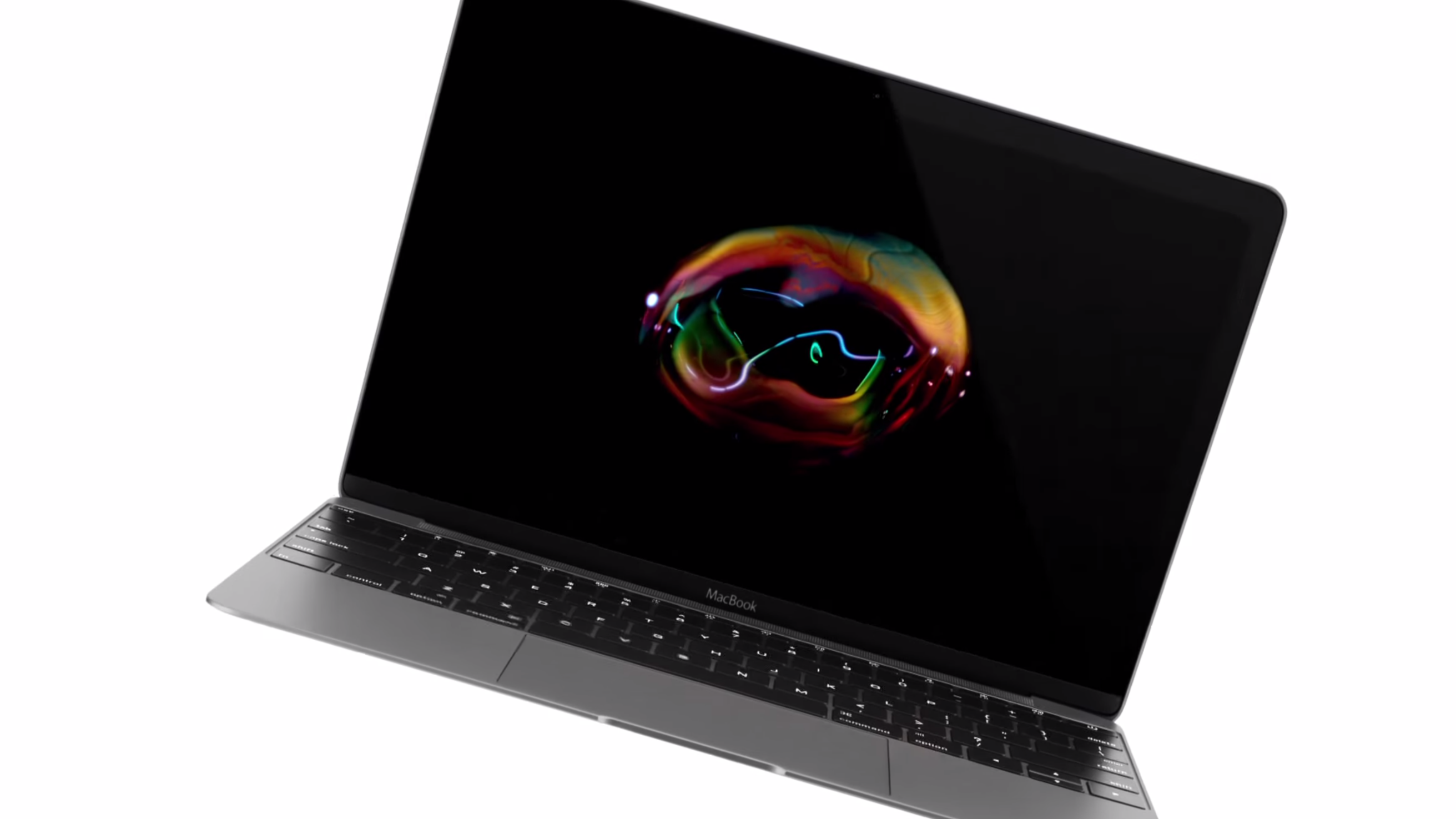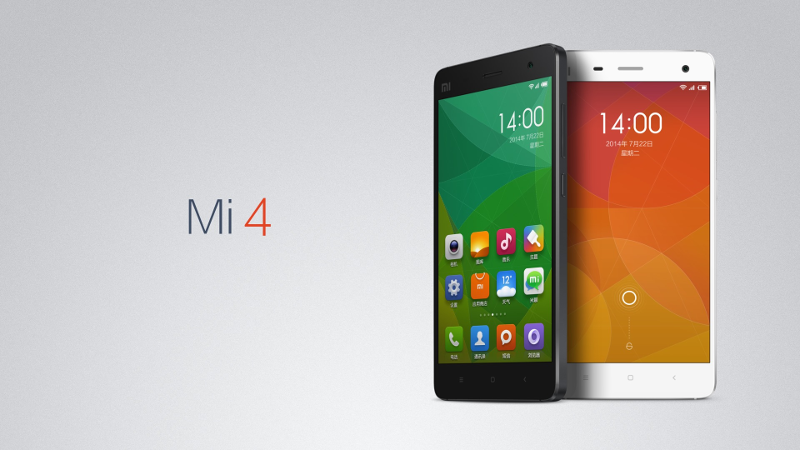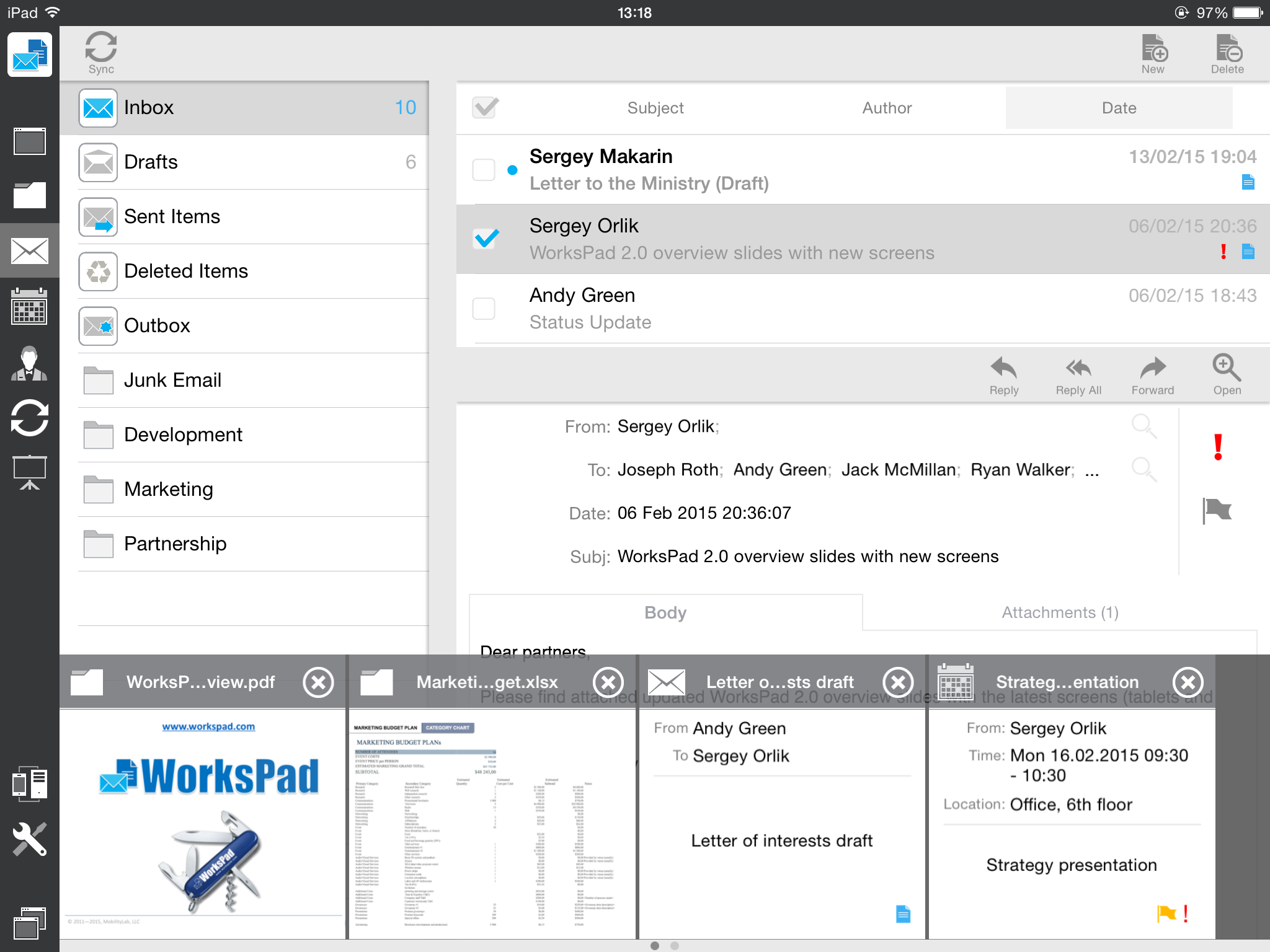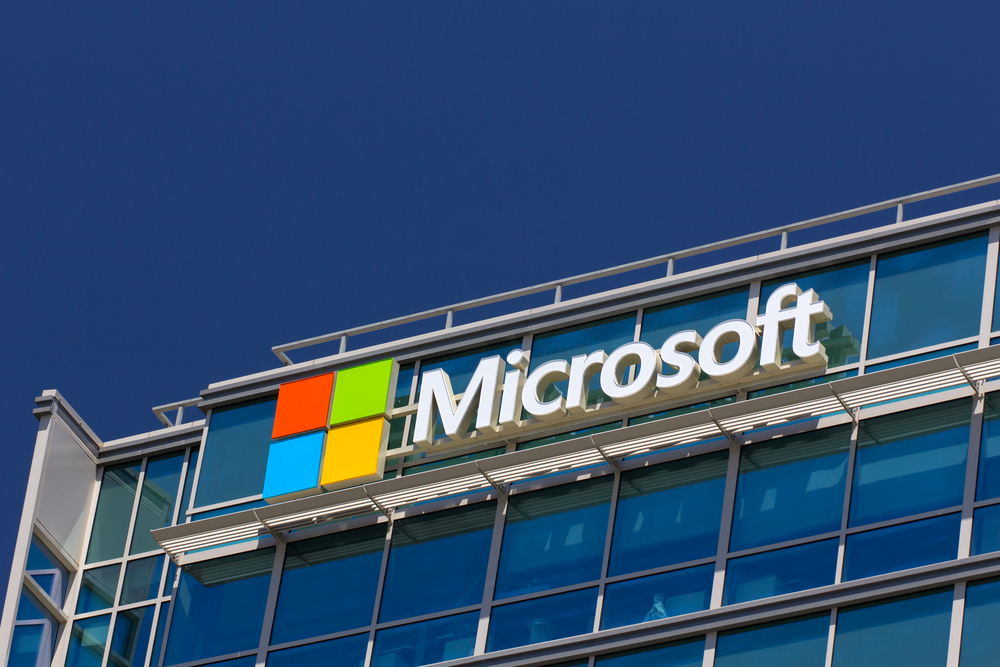
New MacBook's single port isn't the problem
Across tech sites and forums there are rumbling complaints about Apple choosing to provide just one port on the 12-inch MacBook and the compromises the design presents. The flawed approach is much bigger, and the laptop line has been this way before—where thinning down means giving up something many users want, which is why I am so surprised that little of the discussion focuses on the original MacBook Air.
Stated simply before the long explanation: If you don't mind paying $1,299 or $1,599 for the performance equivalent of a souped-up tablet, running OS X but lacking touchscreen, Apple's tiny laptop is a good choice. Otherwise, stop whining and buy something else. There is no shortage of choices in the slim-and-portable category.

Website CAPTCHAs are a big turn off for users
We're all familiar with CAPTCHAs, those images you have to retype as text to prove that you're a real person and not a bot. The bad news for businesses that use CAPTCHA on their sites is that it seems they're pretty effective at deterring humans too.
New research from bot detection specialists Distil Networks suggests that CAPTCHA use is bad for business as it makes surfers more likely to abandon a page.

Apple returns to its core
Today's splashy media event takes Apple back to its roots (no pun intended). For example, the new MacBook, which weighs less than a kilogram (2.2 pounds) and is 1.31 centimeters at its thickest, reminds of the design and engineering qualities that made iPod nano so breathtaking and innovative 10 years ago in September. Apple CEO Tim Cook paid a little homage to predecessor Steve Jobs when remarking about the laptop: "Can you even see it?" Small size mattered when Jobs unveiled the nano, too.
Innovation—and nothing resembling the cliché overuse of the word today—went into iPod nano and was demonstrated this morning in the new MacBook, which goes on sale April 10, starting at $1,299. Lust-worthy design is an Apple prerogative that is core to today's crop. But there is much more: Real cohesion around an Apple vision long lost in the distraction of Steve Jobs' illness and death and the transition that followed.

Around half of mobile app demand comes from hobbyists and startups
Companies increasingly want to take their business to new consumers by using mobile sites and apps. But it seems that it's startups and hobbyists that are driving a big chunk of app demand.
ContractIQ, which offers a service that matches developers to software projects, has produced its latest report on app development trends and pricing, offering some interesting insights into the market.

Xiaomi Mi 4 flagship riddled with malware and uncertified Android version, or is it? [Update]
Updated at 18:00 IST: Bluebox and Xiaomi are now confirming that the handset the security firm tested was a counterfeit product purchased through an unofficial channel. You can read Xiaomi's full statements below.
Xiaomi’s Mi 4 is one of the best smartphones you cannot purchase so easily -- but it might be for the best, it seems. Don’t get me wrong: The Mi 4 packs in top-of-the-line specifications, the latest Android-based operating system, and is incredibly cheap, but if data security firm Bluebox's latest report is to be believed, it also comes with malware and a host of other issues. The handset seems to have been tampered with by an unidentified third party, however. We’ll have more details on this later today.

Did you miss MWC? Microsoft has a highlight reel to catch you up
Mobile World Congress has wrapped up in Barcelona, Spain and now we're left to sort through the torrent of information that came out of the event. There were countless announcements made for all manner of mobile news, with new phones taking center stage in the midst of the chaos. Microsoft was prominent at the event, with several things to reveal.
There was the unveiling of the Lumia 640XL, a mid-range device that qualifies as a "phablet" with its 5.7 inch screen. It even comes with a 13 MP rear camera, a feature that the Lumia line is famous for. It's a step up from the Lumia 640, which is a scaled down version. The screen is still large at 5 inches, while the rear camera is a solid 8MP. Both phones are expected to be available soon via AT&T.

Of course, Chromebooks matter
Yesterday, commentary "Do Chromebooks matter anymore?" popped up in my social network feeds. Preston Gralla rightly wonders, when looking at how the laptops have fallen off Amazon's top-seller lists, IDC shipment forecasts, and what happened with netbooks. While being a Chromebook fan, I must admit to similar misgivings.
So today, I emailed Stephen Baker, NPD's vice president of industry analysis: "Are Chromebooks just the next netbook wave? Low-cost, lean configurations, and education adoption all look similar to me. Do you see any parallels to suggest Chromebook is little more than the next netbook and it's headed for the same destination: Short-term appeal that vanishes? Or is there longevity here, based on sales numbers?" His answer is reason for this post.

WorksPad aims to streamline enterprise mobility
Businesses are increasingly keen to turn to mobile solutions, but this often presents problems in terms of integrating functions and keeping corporate data secure.
Launched at this week's Mobile World Congress, MobilityLab's WorksPad combines enterprise file sync and sharing, a fully-featured office package (Polaris Office Enterprise core) and a corporate email client in one app.

Microsoft teams up with Deutsche Telekom to expand the Lumia market
Microsoft is now in firm control of the Lumia brand of Windows Phone, which it purchased from Nokia last year. Aside from a slight rebranding, not much about the handsets has changed, and that's a good thing as far as the hardware goes. Perhaps not so much for other aspects, such as apps, but that's not what we're looking at right now.
With Mobile World Congress winding down in Barcelona, Microsoft has announced a potentially important partnership with mobile giant Deutsche Telekom. The deal is aimed towards bringing the phones, as well as cloud services such as Office 365 and OneDrive, to more markets.

Yu Yureka successor -- Project Caesar -- with Android Lollipop-based Cyanogen OS 12 to launch in India in April
YU Televentures, a Micromax Mobile-owned smartphone brand, grabbed headlines late last year for launching the Yureka smartphone. The Yureka packs in mid-range specification and runs on Cyanogen OS while maintaining an enticing affordable Rs 8,999 ($140) price point. The company is now working on the second iteration of the popular Yureka smartphone, YU’s co-founder Rahul Sharma confirms to BGR India.
Codenamed “Project Caesar”, the smartphone will come with improved specification, which Sharma doesn't want to reveal just yet. On the software front, it will run on Android Lollipop-based Cyanogen OS 12. Sharma noted that the smartphone will be launched in April.

Samsung devices overtake Apple in mobile ad impressions
One of the advantages of advertising on digital platforms is that it reveals information about the devices and apps being used to view ads. This is useful for marketers but also echoes some general industry trends.
Digital advertising specialist Millennial Media has released its latest Mobile Mix report charting the use of its platform over the past year. The results throw up some interesting patterns. Among them are that Samsung saw the greatest number of impressions on the platform in the past year, unseating Apple who had previously been the leader.

Mobile users face risks on multiple fronts
A new report from security company FireEye, based on analysis of over seven million mobile apps during 2014, reveals that mobile users are being targeted from a number of directions.
Risks on the Android platform include malicious apps that steal information once installed, legitimate apps written insecurely by developers, legitimate apps using insecure but aggressive ad libraries, malware and aggressive adware that passes Google Play checks and is assumed to be safe, identity theft, and premium rate phone and SMS fraud.

Google, mobile and the next billion
The change in Google's narrative over the past few months has been very interesting to watch. The recent "Peak Google" proclamations remind me of Facebook's post-IPO narrative in 2012. Conventional wisdom back then was that Facebook's decline was imminent as mobile was not a meaningful part of their revenue. Of course, Facebook's app install ads and other mobile initiatives disproved that narrative in short order.
Some observers even make it seem as though Google's growth has seen a major slowdown in 2014. Interestingly, both Google's revenue and operating profit growth accelerated in 2014. This isn't to say that mobile does not pose a challenge to Google. It does, but it is important to understand exactly what those challenges are and the way forward. By looking at Google's financial reports, their biggest challenge is a decline in operating margins. This has been triggered by increase in search advertising on mobile, which delivers lower CPCs. While consumers used search on PCs for more involved research on products/services, the interaction window for mobile search is shorter. Lower ad engagement led to fewer bids on keywords and consequently, lower CPCs and margins.

The top four places your data is at risk
We all worry about protecting our information, but how do we know which activities or locations are most likely to put it in jeopardy?
Digital rights management company Seclore has produced an infographic showing the four places where your data is most at risk. Unsurprisingly perhaps some of these are areas where you have the least control.

Samsung's 128-gigabyte UFS 2.0 memory promises faster smartphones
Samsung has announced that it has started mass-production of 128 GB ultra-fast embedded memory. Described as an industry first, the memory is based on the Universal Flash Storage (UFS) 2.0 standard and is 2.7 times faster than the commonly used eMMC 5.0.
With performance of 19,000 IOPS (input/output operations per second), the memory offers sequential read and write speeds comparable to SSDs. Despite this, the memory draws half the level of power of existing mobile memory.
